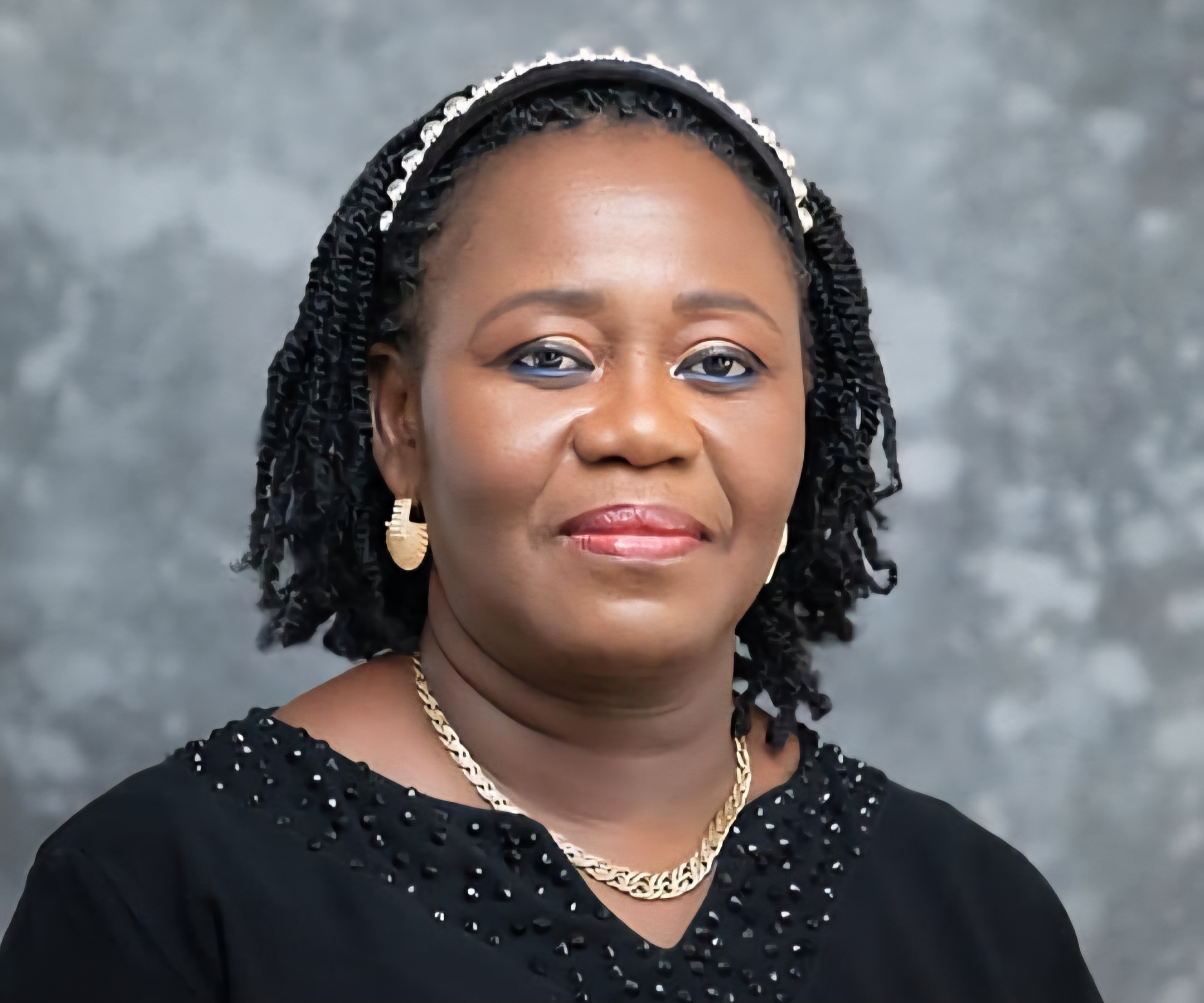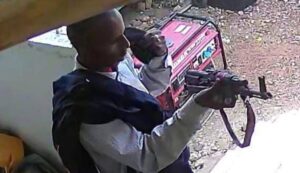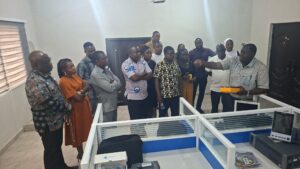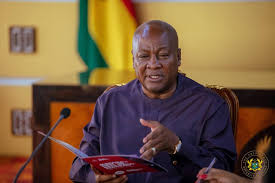By Jones Anlimah
The Lead Counsel for the recently removed Chief Justice, Her Ladyship Gertrude Araba Esaaba Sackey Torkornoo, has raised strong objections to the processes leading to her removal from office, describing them as unconstitutional and procedurally flawed.
Addressing a press conference in Accra, Hon. J. Ayikoi Otoo argued that the development undermines the principles of judicial independence, constitutionalism, and the separation of powers. He noted that Article 146 of the 1992 Constitution prescribes the procedure for the removal of a Chief Justice, stressing that in this instance, due process and natural justice were not followed.
According to him, the former Chief Justice was never served with the prima facie determination by the Council of State and was denied the opportunity to fully respond to the allegations. He added that the President’s warrant of removal unlawfully extended beyond her position as Chief Justice to her role as a Justice of the Supreme Court, although this was not the subject of the petition.
Mr. Ayikoi Otoo also alleged that exculpatory evidence presented before the Article 146 Committee, including audit management records and testimonies by officials of the Judicial Service, was ignored. He described the grounds cited for her removal such as staff transfers and judicial nominations as unconvincing and inconsistent with the constitutional functions of a Chief Justice.
The Lead Counsel further pointed out that several legal challenges concerning the removal are still pending before the Supreme Court, while a related matter is before the ECOWAS Community Court of Justice. He criticised the decision to proceed with the nomination of an Acting Chief Justice for vetting while these cases remain unresolved.
He expressed concern that the former Chief Justice has not been given a copy of the Committee’s report or the reasons for her removal, a situation he said violates her right to procedural fairness.
Mr. Ayikoi Otoo warned that the move sets a “dangerous constitutional precedent” that could weaken judicial independence and embolden political interference in the judiciary. He called on Parliament, the legal fraternity, civil society organisations, and the international community to speak out against what he described as executive overreach.
He stressed that the former Chief Justice’s challenge is not about holding on to office but about safeguarding the rule of law and protecting Ghana’s constitutional democracy.





